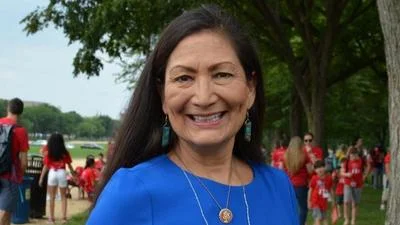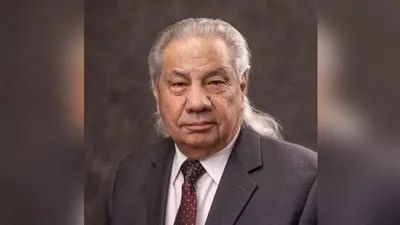S.B. 85, recently passed by the New Mexico Senate, aims to intensify the state's donor reporting requirements for independent expenditures (IEs). The Rio Grande Foundation (RGF) is currently contesting the existing law in court, arguing that it is unconstitutionally broad.
The present legislation mandates organizations spending over $3,000 on IEs for non-statewide races or over $9,000 for statewide races to disclose any source of contributions exceeding $5,000 during an election cycle. This encompasses not only campaign ads but also messages referring to candidates within specific timeframes before elections. Such messages may include requests for elected officials to take positions on policy issues.
Critics argue that the law stifles speech. Nonprofits face a dilemma between advocating important issues and preserving donor privacy. In today's climate of "cancel culture," individuals might face backlash based on their supported causes.
Additionally, the current regulation results in "junk disclosure" by associating donors with communications they did not explicitly support. Donors contribute to nonprofits for various reasons and seldom intend their funds to support specific messages.
S.B. 85 seeks to replace "contribution" with "donation" in the statute. While current law defines contributions as funds given "for a political purpose," S.B. 85 would require organizations making IEs to report all donors regardless of intent. This move could deter nonprofits from engaging in public debates due to potential donor exposure.
There are concerns about constitutionality if RGF's ongoing litigation deems existing laws unconstitutional; S.B. 85 could exacerbate these legal challenges by broadening reporting requirements further than current statutes allow.









